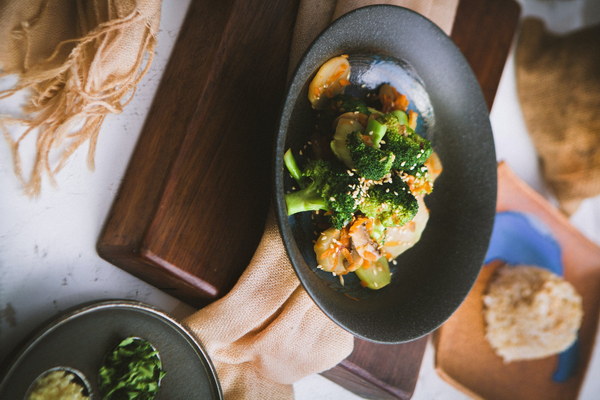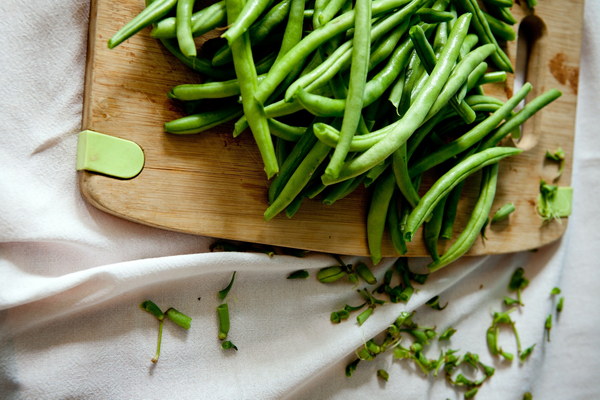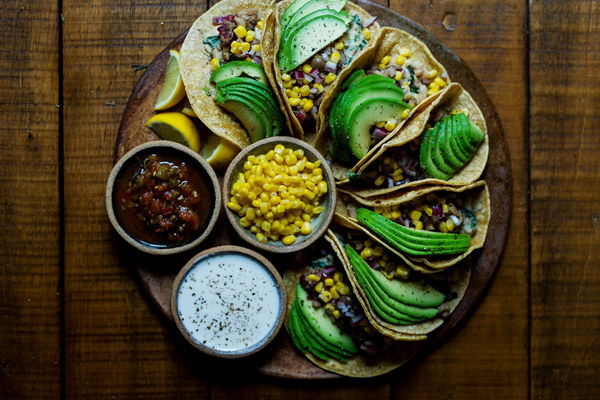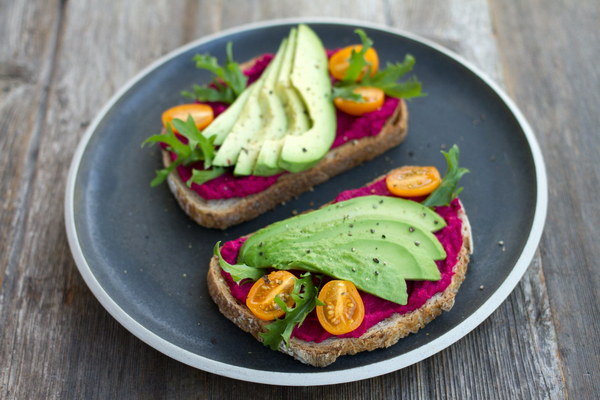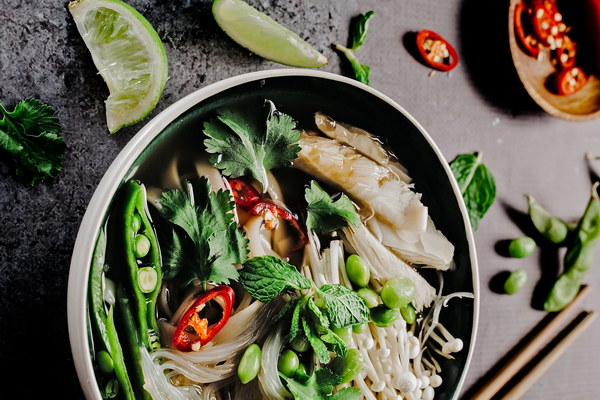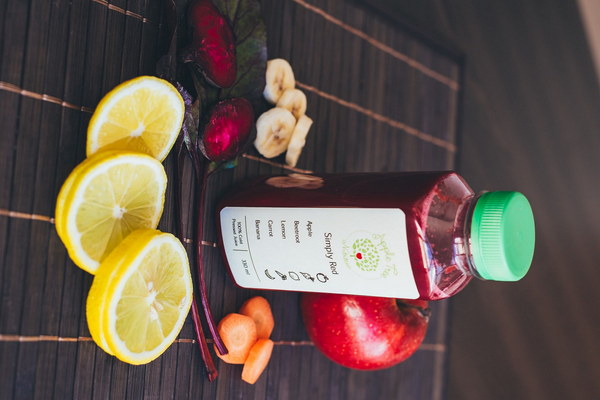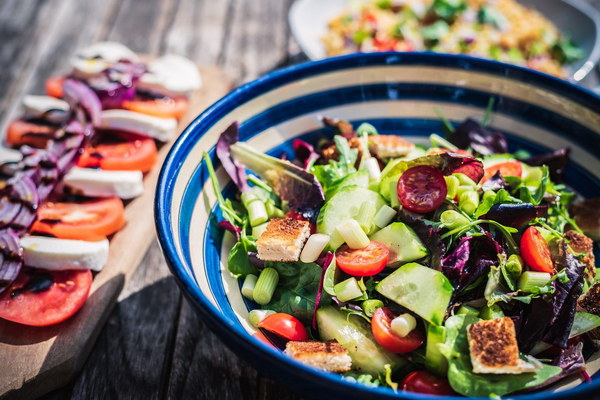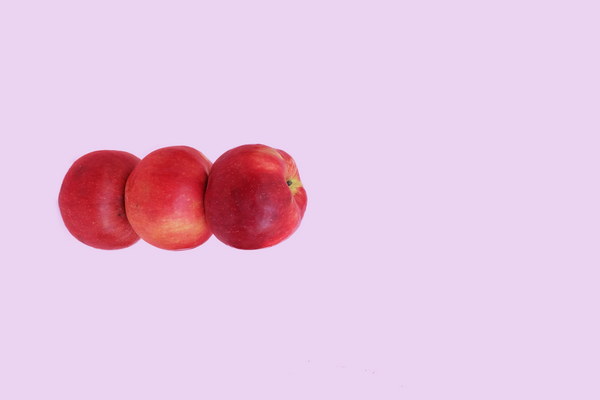Natural Remedies A Guide to Diet and Foods for Anal Hemorrhoids Relief
Introduction:
Anal hemorrhoids, often referred to as piles, are a common condition that causes discomfort and pain in the rectal area. While medical treatment is essential, dietary adjustments can significantly alleviate symptoms and promote healing. This article provides a comprehensive guide to dietary remedies for anal hemorrhoids, focusing on foods and nutrients that can help alleviate symptoms and reduce inflammation.
1. High-Fiber Foods:
A diet rich in fiber is crucial for preventing and treating hemorrhoids. High-fiber foods add bulk to the stool, making it easier to pass and reducing straining during bowel movements. Here are some high-fiber foods to include in your diet:
- Fruits: Apples, pears, berries, oranges, and peaches.
- Vegetables: Broccoli, spinach, carrots, artichokes, and sweet potatoes.
- Legumes: Beans, lentils, and peas.
- Whole grains: Oats, barley, brown rice, and whole-grain bread.
2. Hydration:
Drinking plenty of water is essential for maintaining soft, easy-to-pass stools. Aim for at least 8 glasses of water per day, and consider adding a slice of lemon or cucumber to your water for added flavor and hydration.
3. Probiotics:
Probiotics are beneficial bacteria that promote gut health. Including probiotic-rich foods in your diet can help alleviate symptoms of hemorrhoids by maintaining a healthy gut flora. Here are some probiotic sources:
- Yogurt: Look for plain, unsweetened yogurt with live cultures.
- Kefir: A fermented milk drink rich in probiotics.
- Sauerkraut: Fermented cabbage that contains probiotics.
- Kimchi: A Korean side dish made from fermented vegetables.
4. Vitamin C:
Vitamin C is a powerful antioxidant that helps reduce inflammation and strengthen blood vessel walls. Incorporate the following vitamin C-rich foods into your diet:
- Berries: Strawberries, raspberries, blueberries, and blackberries.
- Citrus fruits: Oranges, grapefruits, lemons, and limes.
- Vegetables: Broccoli, bell peppers, tomatoes, and leafy greens.
- Peppers: Red, green, and yellow peppers.
5. Flaxseeds:
Flaxseeds are an excellent source of fiber and omega-3 fatty acids, which can help reduce inflammation and promote healing. Add ground flaxseeds to smoothies, oatmeal, or yogurt for a nutritious boost.
6. Foods to Avoid:
Certain foods can exacerbate hemorrhoid symptoms by causing constipation, inflammation, and irritation. Try to minimize or avoid the following:
- Processed foods: Refined grains, white flour, and sugary snacks.
- Dairy products: Milk, cheese, and ice cream, which can be constipating.

- Spicy foods: Chilies, peppers, and other spicy ingredients that can irritate the rectal area.
- Alcohol: Alcohol can dehydrate the body and exacerbate constipation.
Conclusion:
Dietary adjustments play a significant role in managing anal hemorrhoids. By incorporating high-fiber foods, staying hydrated, and avoiding irritants, you can alleviate symptoms and promote healing. Remember to consult with a healthcare professional before making any significant dietary changes, especially if you have underlying health conditions.
